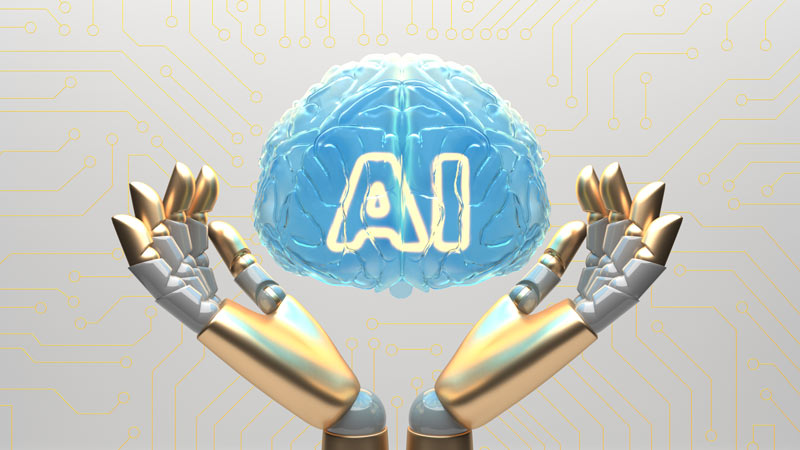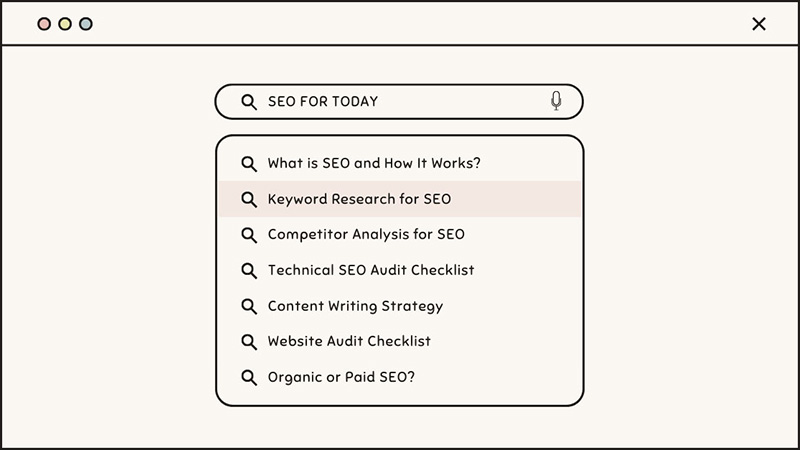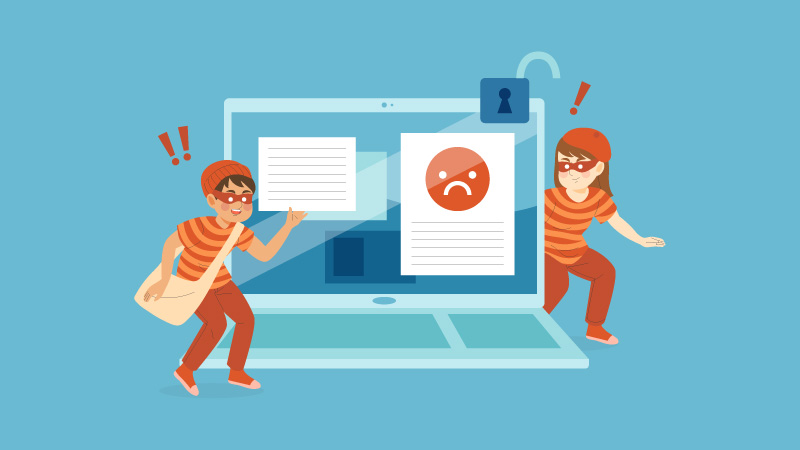Artificial intelligence (AI) has become a powerful tool for SEO content creation, transforming how businesses and marketers develop content for search engine optimization. AI-generated SEO content is quickly gaining traction due to its ability to speed up content creation, boost productivity, and optimize content for search engines. However, along with its benefits, AI-generated content also comes with risks that could impact your SEO strategy if not managed properly.
In this article, we’ll explore the benefits and risks of AI SEO content creation and provide best practices for leveraging AI tools effectively in your SEO strategy.
What is AI-Generated SEO Content?
AI-generated SEO content refers to text, images, or videos produced by artificial intelligence algorithms based on user input or specific guidelines. These tools, powered by machine learning and natural language processing (NLP), can analyze massive datasets to generate content that aligns with specific SEO requirements such as keyword usage, readability, and search intent.
Popular AI content generation tools like Jasper, Copy.ai, and Writesonic can help marketers quickly produce blog posts, product descriptions, social media content, and more, all while optimizing it for SEO.
Benefits of AI SEO Content Creation
1. Speed and Scalability: One of the biggest advantages of using AI in content creation is the speed at which content can be produced. AI tools can generate high-quality content in minutes, making it ideal for websites or businesses that need to scale content production. Instead of spending days or weeks on content creation, AI allows you to focus on strategy while automating the writing process.
2. Data-Driven Optimization: AI-powered tools analyze massive amounts of data, allowing them to recommend content that ranks well on search engines. These tools can evaluate trending keywords, search intent, and competitors’ strategies to create optimized content that targets the right audience. By leveraging AI, you can ensure your content is highly relevant and better positioned for ranking on Google SERPs.
3. Consistency and Efficiency: AI tools can create consistent and well-structured content that adheres to specific guidelines, ensuring your content aligns with brand tone and style. They can also automate repetitive content tasks like writing meta descriptions, product descriptions, or social media captions. This allows businesses to maintain efficiency without compromising on quality.
4. Personalization: AI can also be used to create personalized content for different audience segments. With AI-driven data insights, you can tailor your content to specific demographics, enhancing user engagement and improving SEO performance. By analyzing user behavior and preferences, AI tools can recommend content that better resonates with your target audience.
5. Cost-Effectiveness: AI tools can be more cost-effective than hiring a full team of content writers, especially for smaller businesses with limited budgets. AI allows businesses to produce SEO-optimized content at a fraction of the cost while maintaining quality.
Best Practices for Using AI-Generated SEO Content
To successfully incorporate AI into your content creation strategy, it’s important to follow these best practices:
Use AI for Idea Generation, Not Solely Content Creation
While AI can be a powerful tool for generating ideas or creating content outlines, avoid relying on it for complete, final drafts. Use AI to accelerate the brainstorming process, but combine it with human creativity to add unique perspectives, storytelling, and personality to your content.
Edit and Review AI-Generated Content
Always review and edit AI-generated content before publishing. Ensure that the content is accurate, aligns with your brand voice, and addresses search intent effectively. Adding a human touch will improve content quality, making it more engaging and useful to readers.
Blend AI with Human Creativity
Strike a balance between AI and human writers. While AI can handle tasks like keyword integration, meta tags, and basic content generation, human writers should focus on creativity, depth, and adding value. Human involvement ensures the content remains engaging, insightful, and unique.
Diversify Your Content Types
AI can assist in creating different types of content, such as blog posts, social media updates, and product descriptions. However, it’s crucial to maintain variety and diversity in your content strategy. Incorporate multimedia elements like videos, images, and infographics to enhance user experience and engagement.
Avoid Over-Reliance on AI
While AI can save time, avoid over-reliance on automated content generation. Relying too heavily on AI tools can lead to generic content, negatively impacting your SEO strategy in the long term. Ensure there’s always a human element in your content creation process to provide original insights and creative direction.
Monitor and Adapt SEO Performance
Regularly monitor the performance of AI-generated content using tools like Google Analytics, SEMrush, or Ahrefs. Track key metrics such as traffic, engagement, and rankings to evaluate the effectiveness of your AI-driven content. Be prepared to adapt your strategy based on performance data and evolving search engine algorithms.
Risks of AI SEO Content Creation
While AI-generated content has numerous benefits, it’s not without its risks. Here are some challenges to be aware of when incorporating AI into your content strategy:
1. Lack of Creativity and Originality
AI tools are excellent at generating factual, structured content, but they often lack the creativity and nuance that human writers bring. AI-generated content can come across as robotic or formulaic, making it harder to engage readers or stand out from competitors. Search engines like Google value originality and uniqueness, and over-reliance on AI could lead to bland, repetitive content that fails to resonate with users.
2. Quality Control Issues
Although AI can produce content rapidly, human supervision is frequently needed to maintain its quality. AI tools may struggle with complex topics, contextual understanding, or language nuances, which can result in inaccuracies, awkward phrasing, or low-quality output. Without proper editing and fact-checking, the content could harm your brand’s credibility.
3. Risk of Plagiarism
AI tools are trained on vast amounts of existing content, which can increase the risk of unintentionally generating content that closely resembles other web pages. Duplicate or thin content can negatively impact your website’s SEO performance, as Google’s algorithms penalize sites for plagiarized or redundant content.
4. Lack of Understanding of Search Intent
While AI can analyze search trends and keywords, it may not always capture the full depth of user search intent. Search intent plays a crucial role in SEO, and misinterpreting it could lead to content that ranks poorly. AI-generated content may meet keyword requirements, but fail to address what users are truly looking for.
5. Algorithm Dependency
Relying too heavily on AI content creation can make your SEO strategy overly dependent on algorithms. AI tools are constantly evolving, and updates to search engine algorithms may impact how well AI-generated content performs. SEO strategies need to remain flexible and adaptable to these changes.
Final Thought: Embracing AI in SEO Content Creation
AI-generated SEO content is a game-changer, allowing marketers to create high-quality, optimized content quickly and at scale. However, the key to success lies in balancing AI automation with human input. By using AI to enhance, rather than replace, human creativity, businesses can maximize the benefits while minimizing the risks.
To stay ahead in today’s competitive SEO landscape, SEO professionals should embrace AI as a tool for speeding up content creation and improving optimization, while maintaining control over content quality, originality, and creativity. By following best practices and continuously adapting to changes in search engine algorithms, AI-powered content can be a valuable asset in your SEO strategy.




